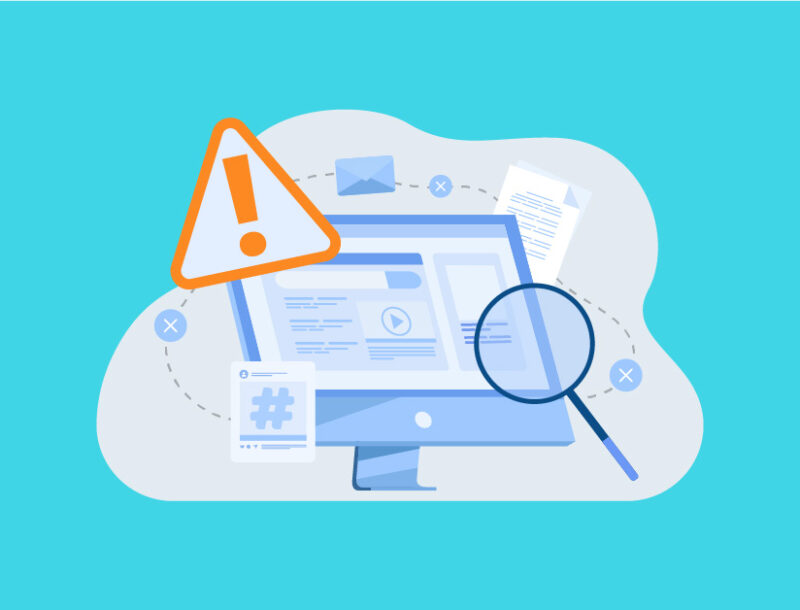Managing a Remote Workforce, Protecting Your Organization & Staying Compliant

As part of our COMPLY Summit Series, we recently sat down with Richard Cordray, former Director of the Consumer Financial Protection Bureau (CFPB) to hear his thoughts on how the current pandemic is affecting businesses, and what they can do to protect consumers-and themselves-going forward.
During the discussion, he shared his insights on a range of timely topics including: managing a remote workforce, navigating the regulatory landscape, creating a strong compliance practice, and how to mitigate risk and avoid enforcement actions from the Bureau. With so much content applicable to compliance professionals and beyond, we’re going to go in-depth on each topic in a series of blog posts in the coming weeks.
Part 1 of this series will share Cordray’s insights on the compliance risks a remote force poses, how to protect your organization, and how to stay compliant during these unprecedented times.
The Struggles Of A Remote Workforce
Because of the pandemic, a newly remote workforce has emerged. With this, companies are facing new hurdles and challenges as they try to ensure regulatory compliance while helping consumers.
Naturally, when all of an organization’s employees are working together in the office and consistently communicating throughout the day, it’s much easier for organizations to ensure processes are being carried out properly and in accordance with regulations and policies. But, as a majority of organizations working from home, how do you ensure that employees are still following company guidelines and are complying with regulations?
“As financial companies are trying to make it work for their employees to work from home, it does create monitoring issues that are pretty significant.” -Richard Cordray
This poses new risk and monitoring concerns for financial institutions as they must continue to ensure compliance even while adjusting to these new circumstances. Inbound consumer requests are on the rise, and managers may not have insights into how employees are communicating with consumers, or if they are following regulatory and company guidelines. If these organizations do not have a solid monitoring system in place, it could lead to some hefty enforcement actions and severely damaged reputations.
The CFPB is Holding Companies Responsible
Cordray feels that it’s important for the Bureau to ensure that they’re holding companies accountable for compliance, especially now during this time of crisis.
For instance, under the CARES Act, mortgage servicers should be delivering forbearance to those consumers who need it during the crisis.
“If you are easing away from doing the things you need to do to address the issues of your consumers and your customers, then they’re going to be the ones who are going to feel the brunt of this” – Richard Cordray
The CFPB should remain locked in on what’s going on and ensure companies are complying with these new regulations.
For more insights on loan modifications and forbearance, check out this blog.
Protecting Your Organization
It’s more important than ever for organizations to monitor their own marketing and sales communications, as well as third parties and partners, to ensure they are remaining compliant with regulations to protect consumers-including any new guidance that has been issued due to the pandemic (such as the CARES Act).
While juggling all this change can seem overwhelming, there are things you can do to ease your burden while protecting both consumers and your organization. Implementing an automated solution simplifies and scales the compliance monitoring process while mitigating your risk and lessening the burden of trying to manually keep up with new regulations and guidance across your own employees, as well as third parties and partners.
If you’re interested in learning more about how PerformLine can help automate your compliance process, during a time of crisis and beyond, speak to one of our experts today.


